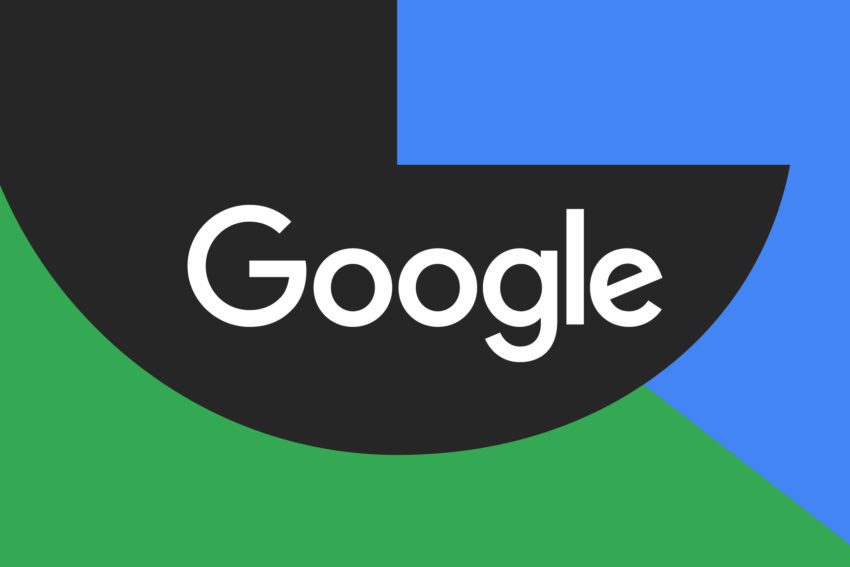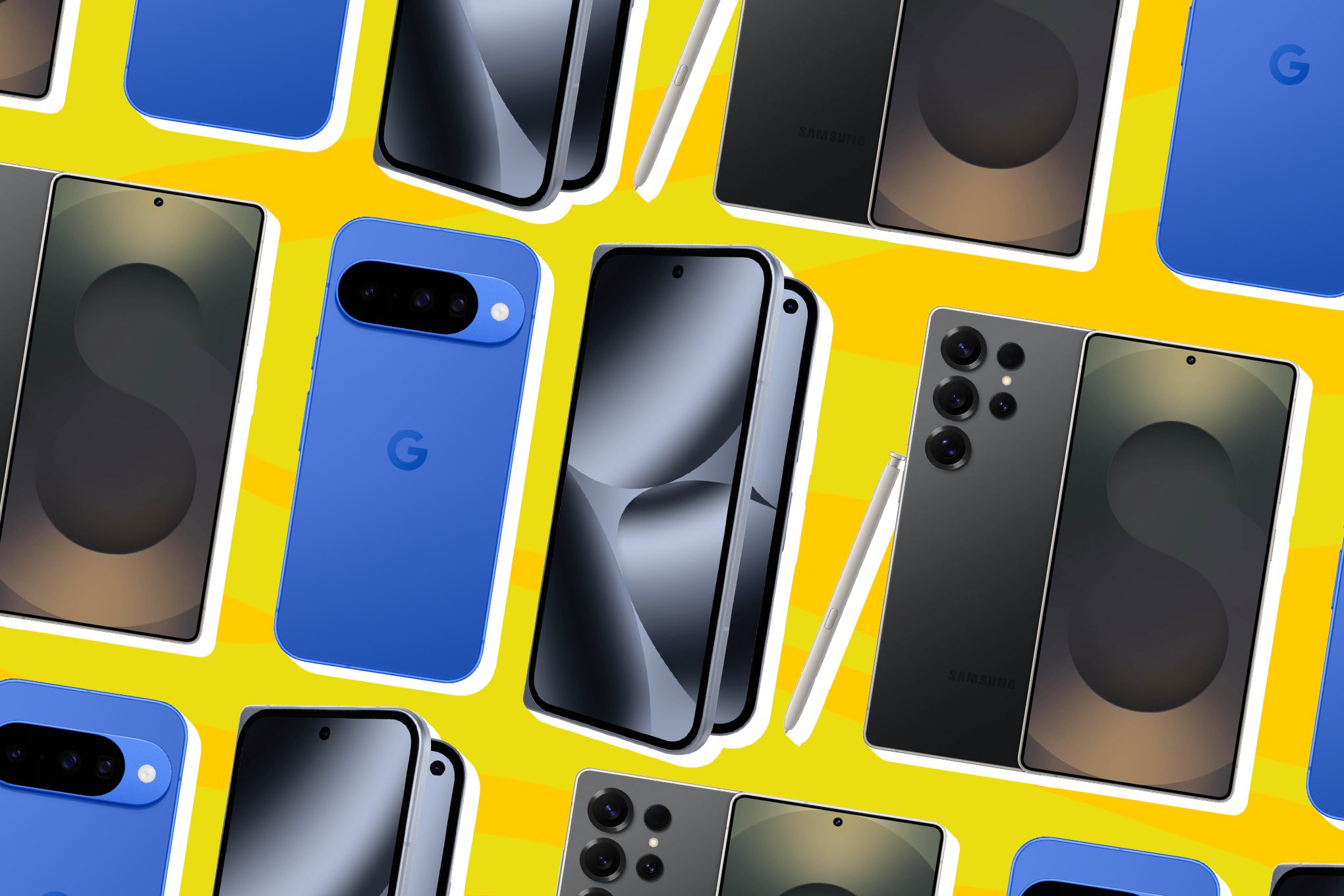
anti-diversity activist robby starbuck is suing google Robby Starbuck is suing Google, claiming that its AI search tools falsely linked him to sexual assault allegations and white nationalist Richard Spencer.
anti-diversity activist robby starbuck is suing google
Background on Robby Starbuck
Robby Starbuck is a prominent figure known for his vocal opposition to corporate diversity initiatives. His activism has garnered attention, particularly among conservative circles, where he has positioned himself as a critic of what he terms “woke culture.” Starbuck’s campaigns often focus on challenging the perceived ideological biases of major tech companies, which he argues disproportionately affect conservative viewpoints and individuals.
Starbuck’s legal actions against tech giants are part of a broader trend where individuals seek accountability from corporations for the outputs of their artificial intelligence (AI) systems. As AI technology becomes increasingly integrated into everyday life, the implications of its use—especially in relation to free speech and reputational harm—are coming under scrutiny.
Details of the Lawsuit Against Google
In his lawsuit filed in the Delaware Superior Court, Starbuck claims that Google’s AI search tools have wrongfully associated him with serious allegations, including sexual assault and ties to Richard Spencer, a figure known for his advocacy of white nationalism. This association, according to Starbuck, has caused him significant reputational damage and emotional distress.
Starbuck is seeking $15 million in damages from Google. The lawsuit raises important questions about the accountability of tech companies for the outputs generated by their AI systems, particularly in cases where individuals feel they have been wronged by false information.
Previous Legal Action Against Meta
This is not the first time Starbuck has taken legal action against a tech company. In April 2023, he filed a lawsuit against Meta, the parent company of Facebook and Instagram, claiming that its AI systems falsely asserted that he participated in the January 6th attack on the U.S. Capitol and that he had been arrested for a misdemeanor. The case against Meta was settled when the company hired him as an advisor to help combat what he described as “ideological and political bias” in its chatbot technology.
The settlement with Meta has raised questions about whether Starbuck’s legal strategy is more about securing positions of influence within tech companies than about seeking justice through the courts. The exact terms of the settlement remain undisclosed, but it is clear that Starbuck’s approach has garnered him a platform to voice his concerns about bias in AI systems.
The Role of AI in Modern Technology
As AI technologies, particularly large language models (LLMs), become more prevalent, the potential for misinformation and reputational harm increases. Google’s spokesperson, José Castañeda, acknowledged this issue, stating that many of the claims in Starbuck’s lawsuit relate to “hallucinations” in Bard, Google’s AI chatbot. Hallucinations refer to instances where AI generates information that is misleading or factually incorrect.
Castañeda emphasized that Google is aware of these challenges and is actively working to minimize them. However, he also noted that the creative nature of user prompts can lead to unintended outputs, making it difficult to fully control the information generated by AI systems. This acknowledgment highlights the complexities involved in managing AI technologies and the responsibility that tech companies bear in ensuring their products do not cause harm.
Legal Precedents and Challenges
The legal landscape surrounding AI technologies is still evolving, and there is currently a lack of established precedents regarding defamation claims involving AI chatbots. The Wall Street Journal reported that no court in the United States has awarded damages in a defamation suit involving an AI chatbot to date. This raises questions about the viability of Starbuck’s lawsuit against Google and whether he will be able to prove his claims in court.
In a similar case, conservative radio host Mark Walters sued OpenAI in 2023, alleging that ChatGPT had defamed him by linking him to accusations of fraud and embezzlement. However, the court ruled in favor of OpenAI, stating that Walters failed to demonstrate “actual malice,” a key requirement in defamation cases. This ruling underscores the challenges plaintiffs face when attempting to hold AI companies accountable for the outputs of their technologies.
Implications of the Lawsuit
Starbuck’s lawsuit against Google has broader implications for the tech industry and the future of AI technologies. As more individuals seek legal recourse for perceived harms caused by AI, tech companies may be compelled to reevaluate their practices and implement stricter guidelines to mitigate the risks associated with misinformation.
Moreover, the outcome of Starbuck’s case could set a precedent for future lawsuits involving AI-generated content. If courts begin to recognize the potential for harm caused by AI outputs, it may lead to increased scrutiny of AI technologies and greater accountability for the companies that develop them.
Stakeholder Reactions
The reaction to Starbuck’s lawsuit has been mixed. Supporters of Starbuck view his legal actions as a necessary step in holding tech companies accountable for their products. They argue that individuals should not be subjected to reputational harm due to the inaccuracies of AI systems. Critics, however, contend that Starbuck’s actions are part of a broader campaign to undermine the credibility of tech companies and their efforts to address bias and misinformation.
As the debate continues, it is essential to consider the potential consequences of legal actions against AI companies. If successful, such lawsuits could lead to a chilling effect on innovation, as companies may become overly cautious in their development of AI technologies for fear of legal repercussions.
The Future of AI and Legal Accountability
The ongoing evolution of AI technologies necessitates a careful examination of the legal frameworks that govern them. As AI becomes more integrated into various aspects of society, the need for clear guidelines and accountability mechanisms will become increasingly urgent. Stakeholders, including tech companies, policymakers, and the public, must engage in discussions about how to balance innovation with the protection of individual rights.
Starbuck’s lawsuit against Google serves as a reminder of the complexities surrounding AI technologies and the potential consequences of their misuse. As society grapples with these challenges, it will be crucial to establish a legal framework that addresses the unique issues posed by AI while fostering an environment conducive to innovation.
Conclusion
Robby Starbuck’s legal battle against Google highlights the growing tensions between individual rights and the rapidly advancing field of artificial intelligence. As he seeks to hold Google accountable for alleged misinformation generated by its AI tools, the outcome of this case could have far-reaching implications for the tech industry and the future of AI technologies. The legal landscape surrounding AI is still in its infancy, and as more individuals pursue similar claims, the need for clarity and accountability will only become more pressing.
Source: Original report
Was this helpful?
Last Modified: October 22, 2025 at 9:40 pm
3 views















